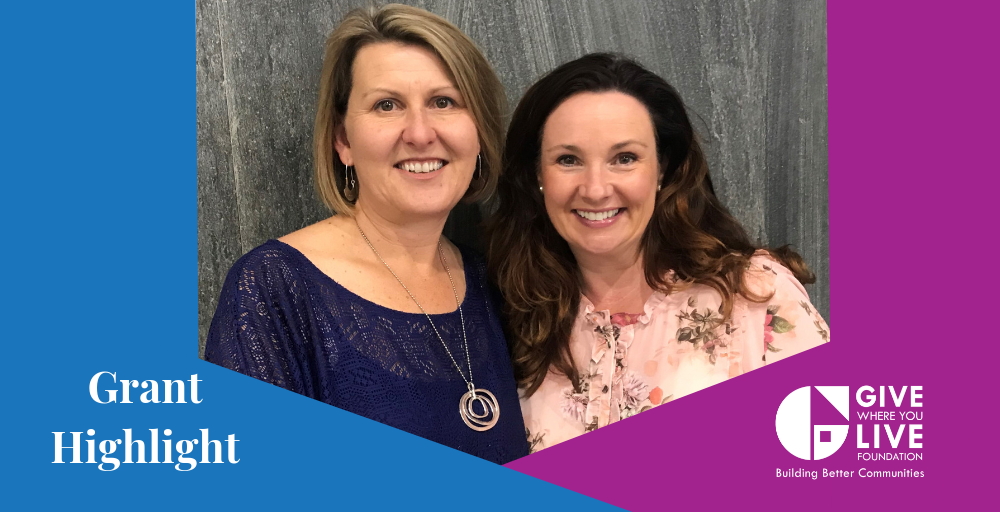How can I cope with these overwhelming feelings and find the strength I need to help myself and my family with this challenge of illness or loss? This is a question that is constantly asked by those who seek support at The Sanctuary Counselling Centre.
Offering a place of hope, support and healing, The Sanctuary Counselling Centre offers care and support for individuals and their families experiencing life-challenging illness or bereavement. A $20,000 grant from the Give Where You Live Foundation, thanks to your donations enables The Sanctuary to provide this assistance to people such as Jodie.
Seven years ago, Jodie and her family were assisted by The Sanctuary to support them through one of the toughest periods in their life – the illness and subsequent bereavement following the death of their father and husband.
“I didn’t want to hide anything from my children, who were quite young at the time. For me it was important to find the tools to help them through this process.” says Jodie. Three years later, the Sanctuary maintains contact and support with the family.
“The care given by The Sanctuary goes beyond treatment time and provides that glimmer of hope that we will continue.
When your whole world is falling apart, The Sanctuary gives you someone to speak to, especially when it’s hard to download it all onto your friends.”
Now as a committee member of The Sanctuary, Jodie’s retains a strong connection with organisation. Her experience has inspired her to become a counsellor herself. “It’s important for me to give back to the community and support others who are going through something similar.” she says.
The Sanctuary has been operating for over 20 years, assisting over 5,000 families in our region. As Tara McKinty, founder of The Sanctuary has noted, “In our experience a mother or father’s worst fear is not knowing what’s going to happen to their children when they leave. Our role is in supporting families through this, to stay together, to regather through difficult times and to alleviate the stress that comes with the diagnosis of a life-threatening illness or the journey of grief.” says Tara.


